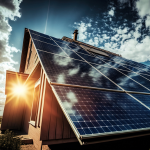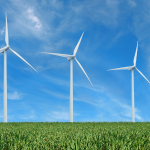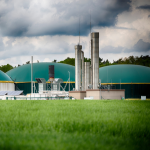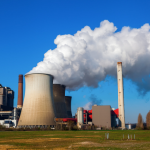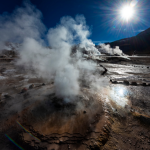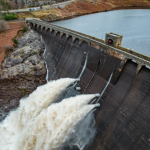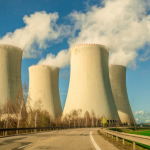Learn Everything About Clean Energy & More!
Check out our free energy glossaries and learn everything related to yoga!
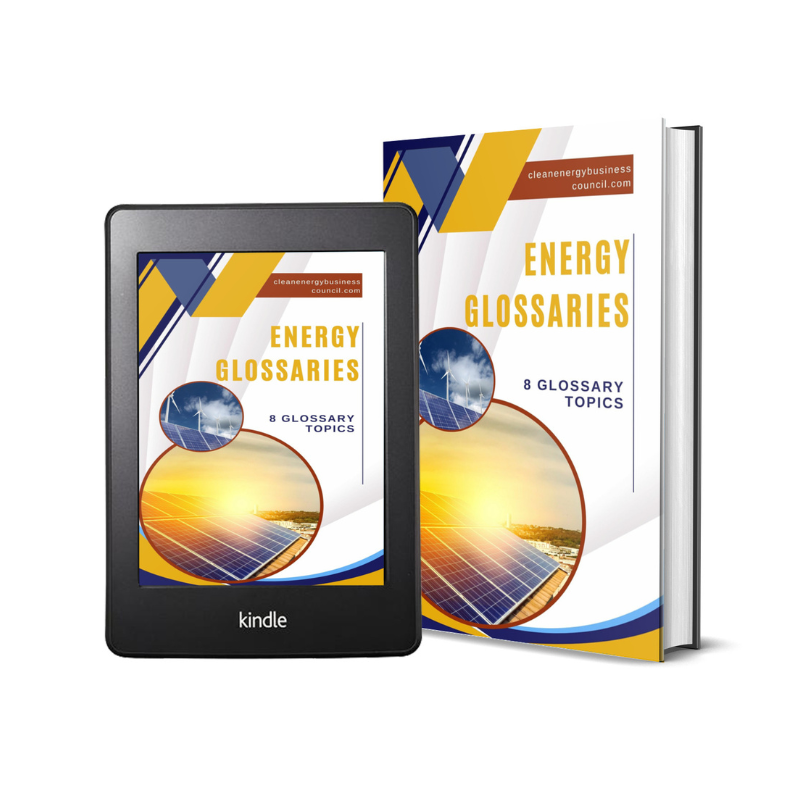
Energy Glossaries
Some Recent Energy Glossary Articles
Oil Reserve – Definition & Detailed Explanation – Fossil Fuels Glossary Terms
I. What is an Oil Reserve? An oil reserve is a naturally occurring underground pool of oil that can be extracted for use as a fuel or raw material. These reserves are typically found in sedimentary rocks, such as sandstone or limestone, and are formed over millions of years through the decomposition of organic matter. … Read more
Low-Enthalpy Geothermal Resource – Definition & Detailed Explanation – Geothermal Energy Glossary Terms
I. What is a Low-Enthalpy Geothermal Resource? Low-enthalpy geothermal resources refer to geothermal reservoirs that have relatively low temperatures and energy content compared to high-enthalpy resources. These resources typically have temperatures ranging from 50 to 150 degrees Celsius, making them suitable for various direct-use applications such as district heating, greenhouse heating, and aquaculture. Low-enthalpy geothermal … Read more
Geothermal Energy Efficiency – Definition & Detailed Explanation – Geothermal Energy Glossary Terms
I. What is Geothermal Energy Efficiency? Geothermal energy is a renewable energy source that harnesses the heat stored beneath the Earth’s surface to generate electricity and heat buildings. Geothermal energy is considered one of the most efficient and sustainable forms of energy production, as it produces minimal greenhouse gas emissions and has a low environmental … Read more
Energy Independence – Definition & Detailed Explanation – Fossil Fuels Glossary Terms
I. What is Energy Independence? Energy independence refers to a country’s ability to meet its energy needs without relying on external sources. This includes producing enough energy domestically to sustain its economy and meet the demands of its population. Energy independence can be achieved through a combination of renewable energy sources, energy efficiency measures, and … Read more
Thermochemical Conversion – Definition & Detailed Explanation – Biomass Energy Glossary Terms
I. What is Thermochemical Conversion? Thermochemical conversion is a process that involves the transformation of biomass into useful energy through the application of heat. This process is based on the principle of breaking down complex organic materials, such as wood, agricultural residues, and municipal solid waste, into simpler compounds that can be used as fuel. … Read more
Biomass Fuel Efficiency – Definition & Detailed Explanation – Biomass Energy Glossary Terms
I. What is Biomass Fuel Efficiency? Biomass fuel efficiency refers to the amount of energy produced from a given amount of biomass fuel. Biomass fuel is derived from organic materials such as wood, crop residues, and animal waste. When these materials are burned, they release energy in the form of heat, which can be used … Read more
Turbine Governor – Definition & Detailed Explanation – Hydroelectric Power Glossary Terms
I. What is a Turbine Governor? A turbine governor is a device used in hydroelectric power plants to control the flow of water through the turbine and regulate the speed of the generator. It plays a crucial role in maintaining the stability and efficiency of the power plant by adjusting the turbine output to match … Read more
Geothermal Water Use – Definition & Detailed Explanation – Geothermal Energy Glossary Terms
I. What is Geothermal Water Use? Geothermal water use refers to the utilization of naturally occurring hot water from beneath the Earth’s surface for various purposes. This water is heated by the Earth’s internal heat and can be found in geothermal reservoirs located deep underground. Geothermal water is typically rich in minerals and can reach … Read more
State of Charge (SoC) – Definition & Detailed Explanation – Battery Technology Glossary Terms
I. What is State of Charge (SoC)? State of Charge (SoC) is a measurement that indicates the amount of energy remaining in a battery compared to its fully charged capacity. It is expressed as a percentage, with 0% indicating a fully discharged battery and 100% indicating a fully charged battery. SoC is a crucial parameter … Read more
Coal Futures – Definition & Detailed Explanation – Fossil Fuels Glossary Terms
I. What are Coal Futures? Coal futures are financial contracts that allow investors to speculate on the future price of coal. These contracts are standardized agreements to buy or sell a specific amount of coal at a predetermined price on a future date. Coal futures are traded on exchanges such as the Chicago Mercantile Exchange … Read more
